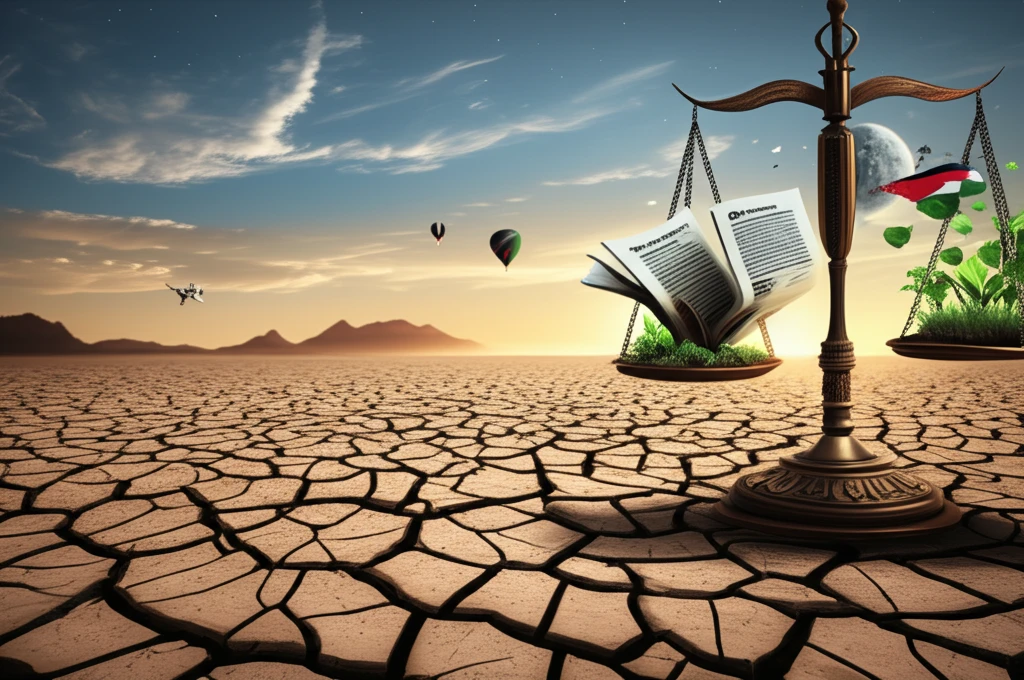
Jordan's Environmental Laws: Can They Save the Kingdom?
"A deep dive into the Hashemite Kingdom's legal framework for environmental protection and how it stacks up against modern challenges."
In an era defined by climate change and environmental degradation, nations worldwide are grappling with the critical need to safeguard their natural resources. Jordan, a country known for its rich history and breathtaking landscapes, faces unique environmental challenges that demand effective and adaptive legal solutions.
This article delves into the legal framework that governs environmental protection in the Hashemite Kingdom of Jordan, examining the strengths and weaknesses of its Environmental Protection Law No. 52 of 2006. We'll explore how this law, along with other related legislations, addresses pressing issues such as pollution, resource depletion, and the sustainable development of the nation.
By analyzing the current state of environmental law in Jordan, we aim to shed light on the obstacles and opportunities that lie ahead in the quest to preserve the Kingdom's natural heritage for future generations.
How Does Jordan Define and Approach Environmental Protection?

Jordan's Environmental Protection Law No. 52 of 2006 defines 'environment' broadly as the surroundings that include living and non-living beings, matter, and all components in terms of air, water, and earth, including the interaction thereof and things erected by Man. This definition sets the stage for a comprehensive approach to environmental management.
- Tackling Pollution: Pollution, whether natural or human-induced, poses a major threat. The law aims to address both, recognizing the danger to ecosystems and human lives.
- Resource Depletion: Jordan faces severe environmental deterioration due to overexploitation of renewable and non-renewable resources, urban encroachment, and diminishing agricultural land.
- Intentional Damage: The law addresses intentional damage to the environment, setting penalties for acts that intentionally harm the environment or its components.
Final Thoughts: Strengthening Jordan's Environmental Safeguards
Jordan's environmental laws provide a foundation for protecting its natural resources, but challenges remain. Overlapping jurisdictions, conflicting legal provisions, and inadequate penalties can hinder effective enforcement. Addressing these issues through legal reforms, enhanced judicial expertise, and increased public awareness is crucial to ensuring a sustainable future for the Kingdom. Ultimately, the responsibility lies with citizens, communities, and the government to work together to protect Jordan's environment for generations to come.
